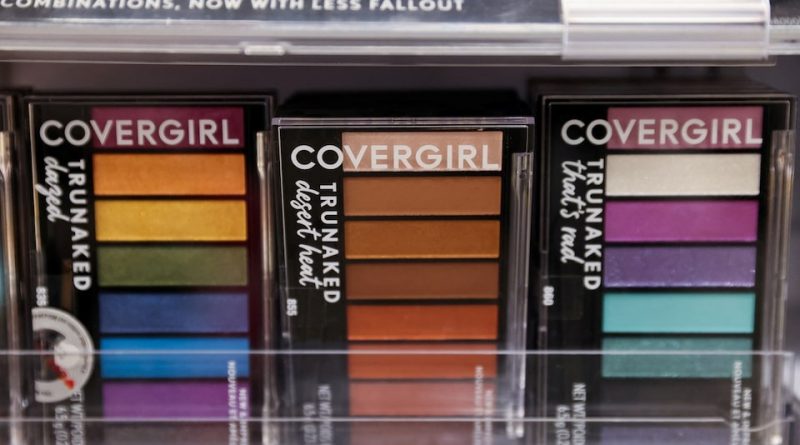Coty Prepares for Next Era with Focus on High-Growth Fragrance Market
London – Coty Inc., one of the world’s leading beauty companies, is reshaping its strategy as it reviews options for its Consumer Beauty division, a move analysts say could create opportunities for renewed growth and innovation. The division, which houses well-known brands such as CoverGirl and Rimmel, generates around $1.2 billion in annual revenue and remains a cornerstone of Coty’s global recognition in mass-market beauty.
The company confirmed earlier this week that it has launched a strategic review of its Consumer Beauty business. The review could lead to a spinoff, sale, or restructuring of certain brands, with the goal of reducing debt, increasing financial flexibility, and allowing greater focus on the group’s high-growth fragrance portfolio.
Industry experts view the move as a chance for Coty to sharpen its focus and unlock value. “This is about repositioning Coty to compete more effectively in the future,” said Michael Ashley Schulman, partner at Running Point Capital Advisors. “Coty has strong brands, but this shift can give them the agility and resources they need to thrive in a fast-changing beauty industry.”
While Coty’s Consumer Beauty sales slipped in the past year, the division retains a loyal customer base and global retail presence. Analysts say potential buyers – including private equity firms – are watching closely, as the portfolio represents an attractive entry point into mass-market cosmetics with global scale. In fact, past deals in the sector have drawn major valuations, such as retailer Elf Beauty’s acquisition of Rhode and L’Oreal’s purchase of Medik8.
Buyout firms could also show interest, echoing Coty’s earlier deal with KKR in 2020, when the private equity firm invested in its Wella haircare business. “The likelihood is for piecemeal deals, which could maximize value for shareholders,” Schulman noted, pointing to names like Permira and L Catterton as potential bidders.
Even as Coty evaluates its Consumer Beauty unit, the company’s fragrance business is flourishing. The combined fragrance division now accounts for nearly 70% of sales, reflecting strong momentum across categories that are expanding at rates of 2% to 9% annually. With iconic licences including Gucci and Burberry, Coty’s fragrance portfolio continues to resonate with consumers worldwide. Analysts estimate the Gucci fragrance licence alone generates nearly $500 million in annual revenue, underscoring the division’s strength and stability.
The broader fragrance industry is also experiencing a wave of innovation, with global players like L’Oreal, Estee Lauder, and Puig investing in niche and experiential brands. Coty’s decision to prioritize fragrances positions it well to capture this demand. “Fragrance is where we see Coty differentiating itself, and it is an area of real consumer excitement,” said Alfonso Emanuele de Leon, a partner at FA Hong Kong Consultancy.
By potentially streamlining its portfolio, Coty could also free up resources to invest in technology, marketing, and faster product innovation. Industry analysts have noted that agility and speed are key advantages in today’s beauty market, particularly as digital platforms and influencers shape consumer preferences. Coty’s established presence provides a strong base to accelerate in these areas once it reallocates capital and focus.
Despite challenges, Coty has consistently demonstrated resilience and adaptability since its $12.5 billion acquisition of Procter & Gamble’s beauty brands in 2015. The company has successfully divested businesses when needed, while building its fragrance powerhouse into one of the strongest in the world. Analysts say the current review signals Coty’s commitment to long-term growth rather than short-term fixes.
“This is about making Coty future-ready,” said Dan Su, a Morningstar analyst. “Yes, the Consumer Beauty segment has hurdles, but the brand recognition and scale are valuable. With the right structure, Coty can turn this into an opportunity to create shareholder and consumer value.”
As Coty prepares its next steps, the beauty giant remains well-positioned within the global industry. The strategic review not only underscores its willingness to adapt but also highlights the group’s broader ambition: to balance heritage with innovation, and to ensure its portfolio reflects the evolving expectations of beauty consumers worldwide.


